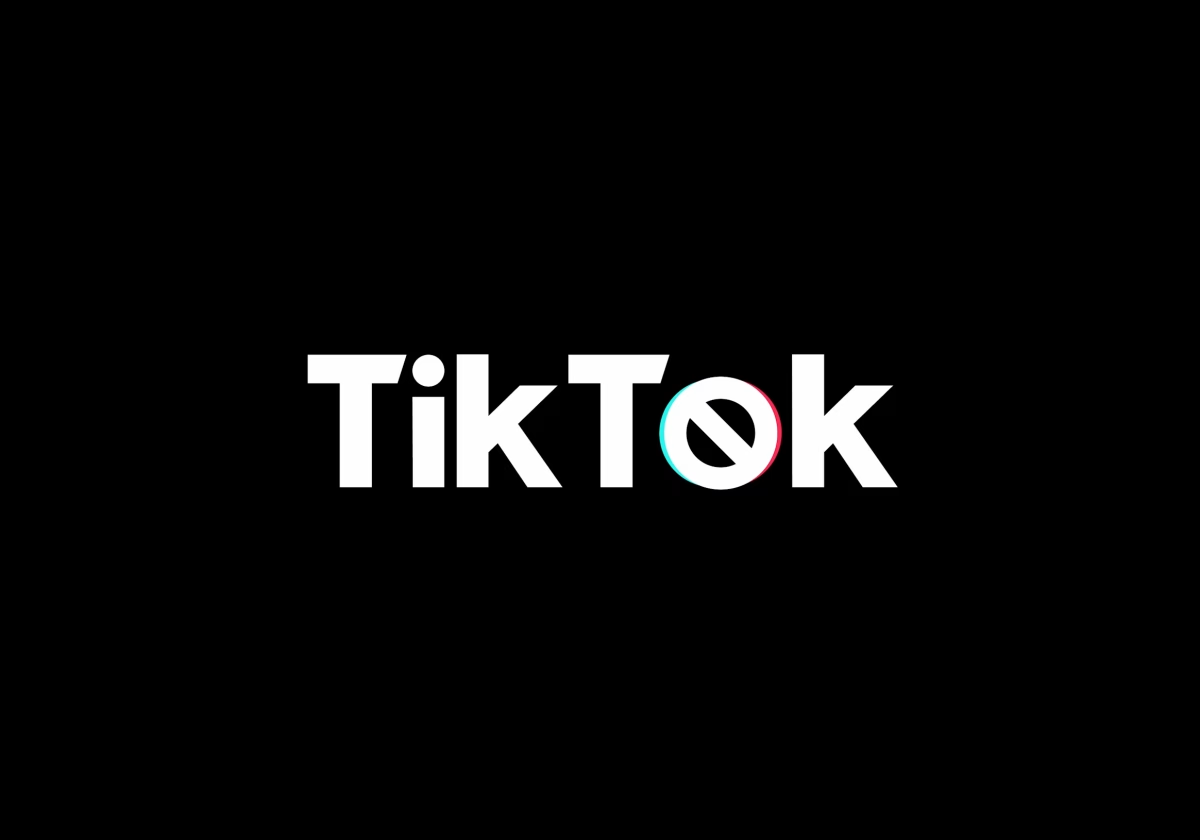Congress approved a measure, on Apr. 24, to outlaw TikTok in America. The bill gives ByteDance, a Chinese technology company that created TikTok, nine months to divest in their company (with a possible three additional months if a sale is processed), or else TikTok will be banned in America. China’s Foreign Ministry in turn has accused the United States of spreading disinformation about potential TikTok security threats.
Concerns about user data have risen and caused discourse with American authorities. A bill that has the power to censor or ban TikTok could also be turned down by the courts because it conflicts with the First Amendment.
“Longstanding Supreme Court precedent protects Americans’ First Amendment right to access information, ideas and media from abroad,” Nadine Farid Johnson at Columbia University said. “By banning TikTok, the bill would infringe on this right, and with no real pay-off. China and other foreign adversaries could still purchase Americans’ sensitive data from data brokers on the open market.”
Some argue against the ban, claiming that other American social media companies also harvest user data, but are not being targeted and scrutinized as much.
“If policymakers want to protect Americans from surveillance, they should advocate for a basic privacy law that bans all companies from collecting so much sensitive data about us in the first place, rather than engaging in what amounts to xenophobic showboating that does exactly nothing to protect anyone,” Fight for the Future Director, a nonprofit advocacy group, Evan Green said.
Consequently, a TikTok ban could mean a change in government regulation of technologies for other social media platforms similar to TikTok.
“A TikTok ban might set a precedent for the government to also either ban or impose regulations on companies that operate similarly to TikTok,” Meredith Heyman wrote in Investor’s Business Daily.
In addition to possibly being banned, 14 attorneys are suing TikTok for worsening teens’ mental health as well as misleading the public about their privacy rights.
“Today, we are suing TikTok to protect young people and help combat the nationwide youth mental health crisis,” Attorney General James, part of the chain of lawyers suing TikTok, said. “Kids and families across the country are desperate for help to address this crisis, and we are doing everything in our power to protect them.”
TikTok is being sued for the app’s “addictive features,” such as notifications, auto play of video and maximized engagements with likes and comments, as well as their “harmful challenges” which have cost the lives of some users.
TikTok is coined an “unlicensed virtual economy” as the app takes a 50% commission on financial transactions (buying “gifts” and sending it to users on TikTokLIVE) but has not been registered as a money service business with the U.S. Treasury Department.
“When we look at the youth mental health crisis and the revenue machine TikTok has created, fueled by the time and attention of our young people, it’s devastatingly obvious: our children and teens never stood a chance against these social media behemoths,” California Attorney General Rob Bonta said. “TikTok must be held accountable for the harms it created in taking away the time – and childhoods – of American children.”










